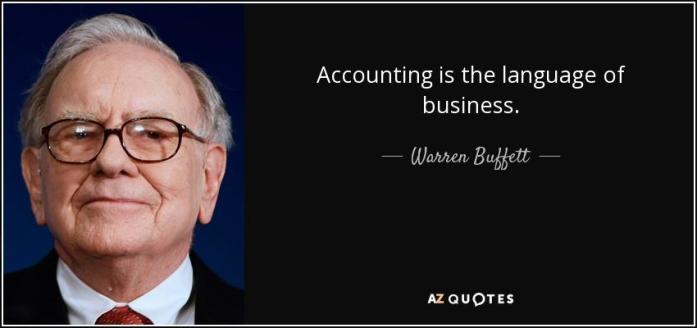
1). What is the language of sales management? – Here’s a simple thought experiment. If you walked into your company’s accounting department, would everyone know what an invoice was? Would everyone know what a balance sheet was?
How about operations? Would everyone know what 'inventory' meant? In the engineering department, would everyone know whether you worked in millimetres or inches? Would all the programmers know whether you worked in C++ or PHP?
99 times out of a 100 there’s a common language and process within a department that provides clarity and structure for how things can best get done.
Even marketing has taken major leaps forward since the early 20th Century when Philadelphia retailer John Wanamaker famously said: “Half the money I spend on advertising is wasted; the trouble is I don't know which half.”
Today, that’s not the case. Marketeers have a common language of open rates, click-throughs, webpage conversions and customer acquisition costs that means they can communicate with precision on otherwise complicated issues.
When there’s a common language, people are more easily understood and information flows more quickly and accurately.
But what about sales?
The challenge for most sales leaders is that they have people in their team speaking different languages. What exactly do your team mean when they say they’ve got a lead, a prospect or “a dead-cert that will definitely close next month”?
Next time you ask a colleague “how did that call go?” and they smile excitedly and say "really well!” ask yourself what they really mean.
For some – perhaps the vast majority – it simply means the other party showed up on time and stroked their ego enough for them to hope there might be some money on the table at some point in the future.
For a few, “really well” means they advanced the sale to the next stage of the official process with an absolutely clear mutual understanding of what decision was going to be taken at what date and time.
For others, “really well” might mean something else entirely. In either case, if you don’t understand the language of your salespeople, information cannot flow easily or accurately.
2). The simple sales language test – Sit everyone in your team down, give them a piece of paper, and ask them to draw your sales process from first prospecting contact through to up-selling to existing customers. Gather everyone’s drawings and compare what you find.
If it’s consistent, give yourself a VERY big pat on the back. You’re light years ahead of most organisations. Typically, most sales leaders will notice that everyone has a somewhat different approach, uses different words to describe their approach or has very different ideas about what the objective of their activities are in the first place.
These are the first clue that not only do you not have a common sales process, you don’t have a common sales language either.
In a 2014 interview, legendary investor Warren Buffett said “accounting is the language of business”. If that’s the case, what’s the language of sales within your company?
Helping your team talk the same sales language might take a little time, there might even be a little resistance, but the alternative is perpetual confusion. As Buffet summed it up: “Getting comfortable in a foreign language takes a little experience, a little study early on, but it pays off big later.”
3). The problem isn’t the problem, it’s the symptom – As sales managers, it’s easy for us to think of problems we’re up against on a daily basis; quotas to hit, people issues to fix, deals to salvage and new opportunities to uncover. Not having a common sales process or language is rarely one of them. Often, the biggest problem sales managers complain about is time.
The truth is, not having enough time is a symptom of a problem, not the problem itself. Take a medical analogy; having a permanent headache is symptom of dehydration. The pain won't go away until you get a few litres of water in you.
In sales management, you'll never have more time until you fix the underlying problem; the lack of a common sales process and language. This is the channel for information on prospects and existing clients to flow quickly and accurately through the department and company as a whole.
Accurate information allows more accurate and helpful decisions to be made more easily and quickly. Unsuitable prospects can be more easily qualified out of your process, allowing more time and resources for those who rightfully should be kept in your process
Next time you ask someone how their call or meeting went and they say “really well”, ask them for more details. Questions might include:
- What was the specific mutually agreed outcome of the meeting?
- Was it an outcome you had identified as acceptable before the meeting?
- What date and time is in both your and their diary for the next step?
- What agreement did you make up-front about what would be discussed at that next step meeting or call?
Until everyone in your department speaks the same language and share the same process, confusion and misinformation is the inevitable result.

